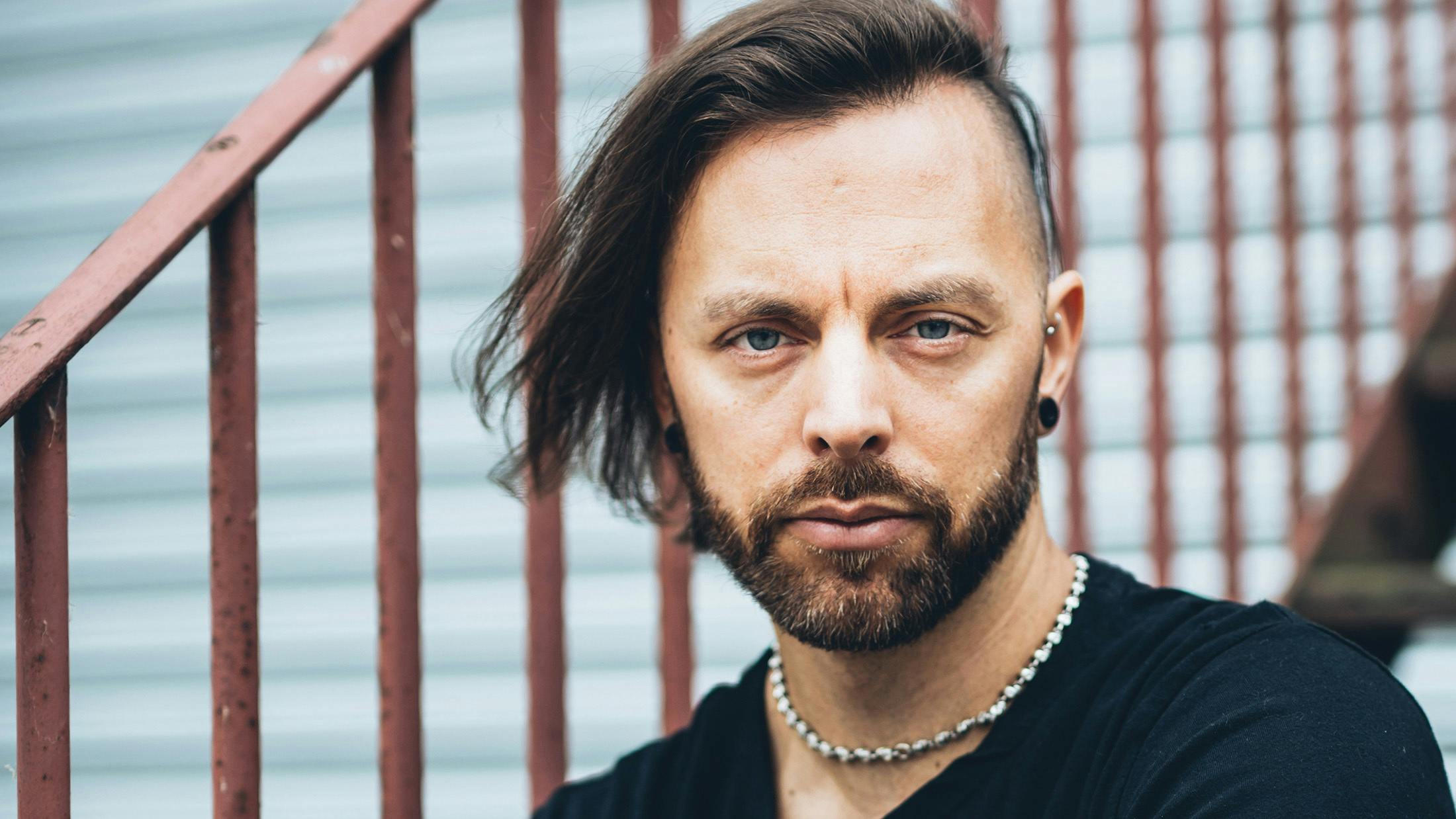Have you always been a natural leader?
“I can’t really remember that ever being a thing until the band started to gain a little bit of traction. It just felt like I was never in a position to be a leader, or had the need to be. But when it started to look like things were happening for us, I felt it was important that someone took charge of the situation and I slotted into that role somehow. I feel like I’ve been there ever since, really, which I don’t mind. I enjoy it, for the most part.”
In 1998 you formed the band that would eventually become Bullet under the name Jeff Killed John, which was more of a nu-metal outfit. How do you regard that period now?
“Well, when we were starting to be a serious band it was still in the thick of the nu-metal phenomenon, so being young and it being so influential, that was what we thought we should do if we were going to have a chance of making it. Obviously, that didn’t happen, so we put the brakes on and decided, ‘Okay, let’s do what we always wanted to do and not worry about the trends.’ So that’s what we did – we embraced the thrashier, heavier side of our musical influences. I do remember that as soon as I started writing [in that style] that it became clear it was a far more fitting and natural place for us, and everyone was enjoying it a lot more.”
At that point there was a clutch of bands coming up in Bridgend who were finding success. Was it an exciting time?
“That was a big turning point for us where we knew that it could happen, because there were a few bands popping up that were getting record deals, getting on the cover of Kerrang! and doing all these things that we were dreaming of doing ourselves someday. It was pretty frustrating and a bit disheartening at times, because we knew that we were equally capable of doing what they were doing, but it was obviously not up to us whether we would get that opportunity.”
Were there any moments where you felt it might not happen?
“Yeah, especially when I was getting into my 20s and it was like, ‘Fuck! I’ve been in a band for six years and there’s still no real reward at all.’ It was scary. I was doing everything from factory work to temping, trying to get by day-to-day. My family were supportive, but even some of them were starting to go, ‘So, is this it?’ Thankfully, by the time I was 24 we were up and running, but I would be in a very different situation now if it hadn’t happened for us. Looking back on it all, it was a bit stupid to put all my eggs in one basket, but I was pretty stubborn.”
How did it feel, then, when both 2005 debut album The Poison and its 2008 follow-up Scream Aim Fire had such an impact on album charts worldwide?
“It was life-changing. To achieve things like that was never really on the wish list. Those two albums set the tone for when [2010 album] Fever came out, which hit number three on the U.S. Billboard. It was just a crazy time, going from being massively in debt and working shitty jobs to being able to buy a decent car or put the deposit down on your first apartment. We were just doing what we wanted to do and for all the right reasons, so it felt good that we had done things our way, on our terms and we were getting success.”
It made you the biggest metal band to emerge from Britain in years. Did you feel the need to be bigger and louder than everyone else?
“No, I’ve just always been open about where I think we could go with hard work and I think we proved that a lot then, when we got to an arena level. A lot of people don’t see the blood, the sweat and the tears that go into achieving that kind of dream, and it was never given to us. We worked our arses off and tried to be the best band we could. I think it was an amazing accomplishment to get to that point, especially considering who we were and where we were from.”
